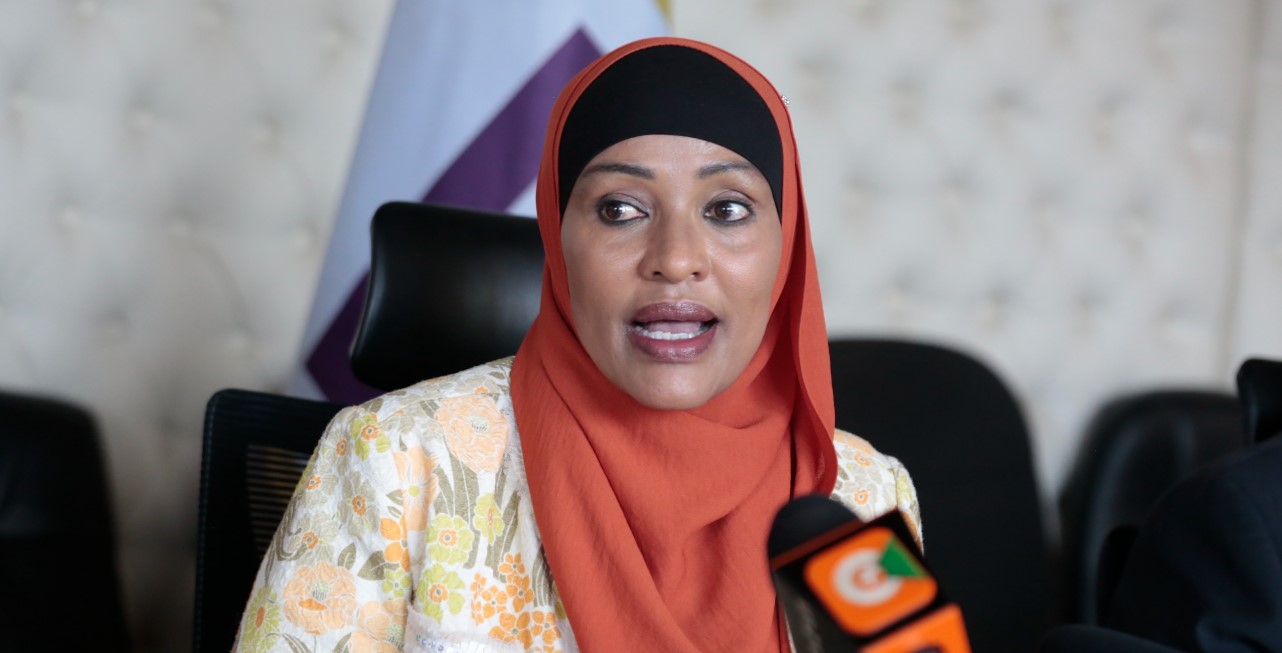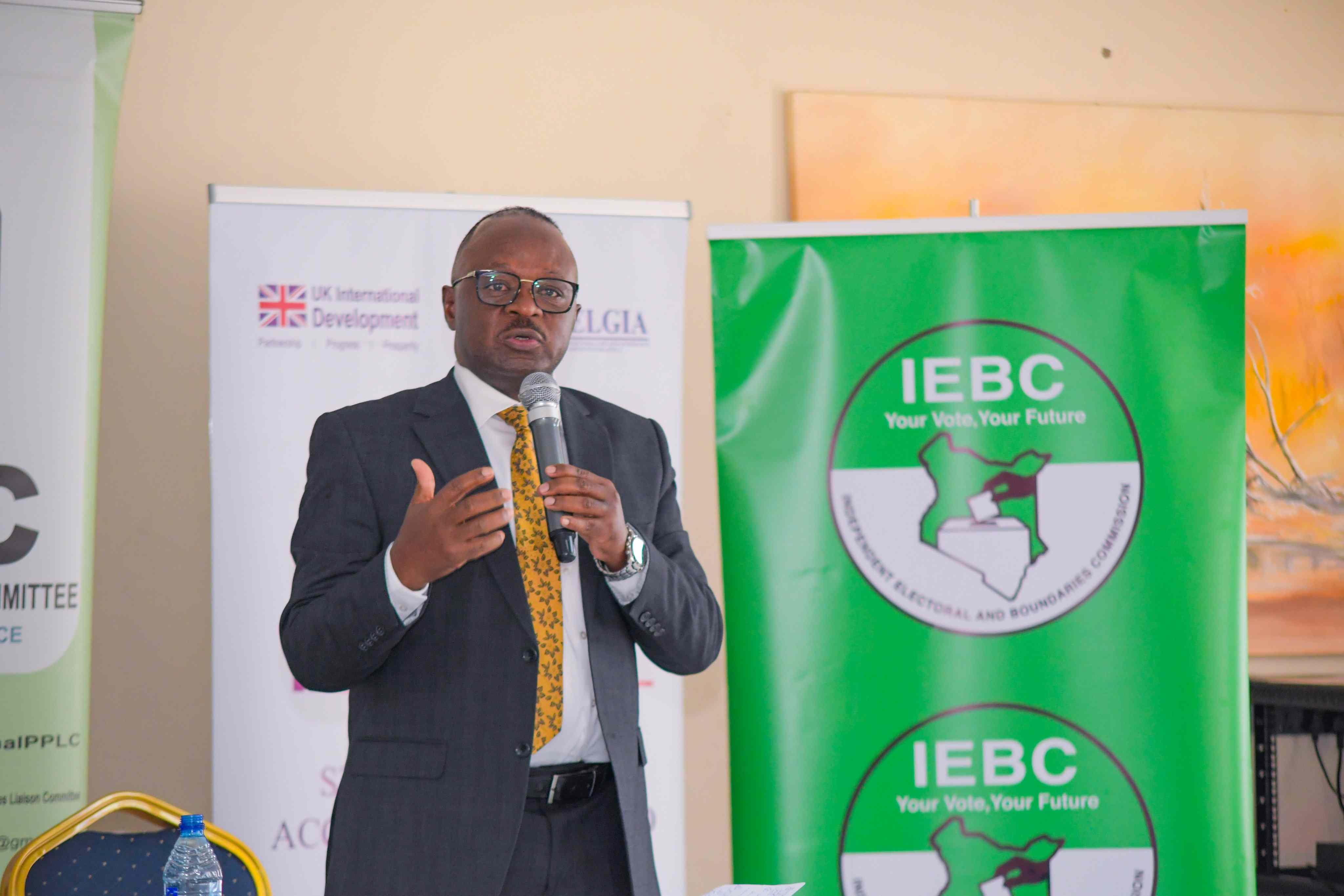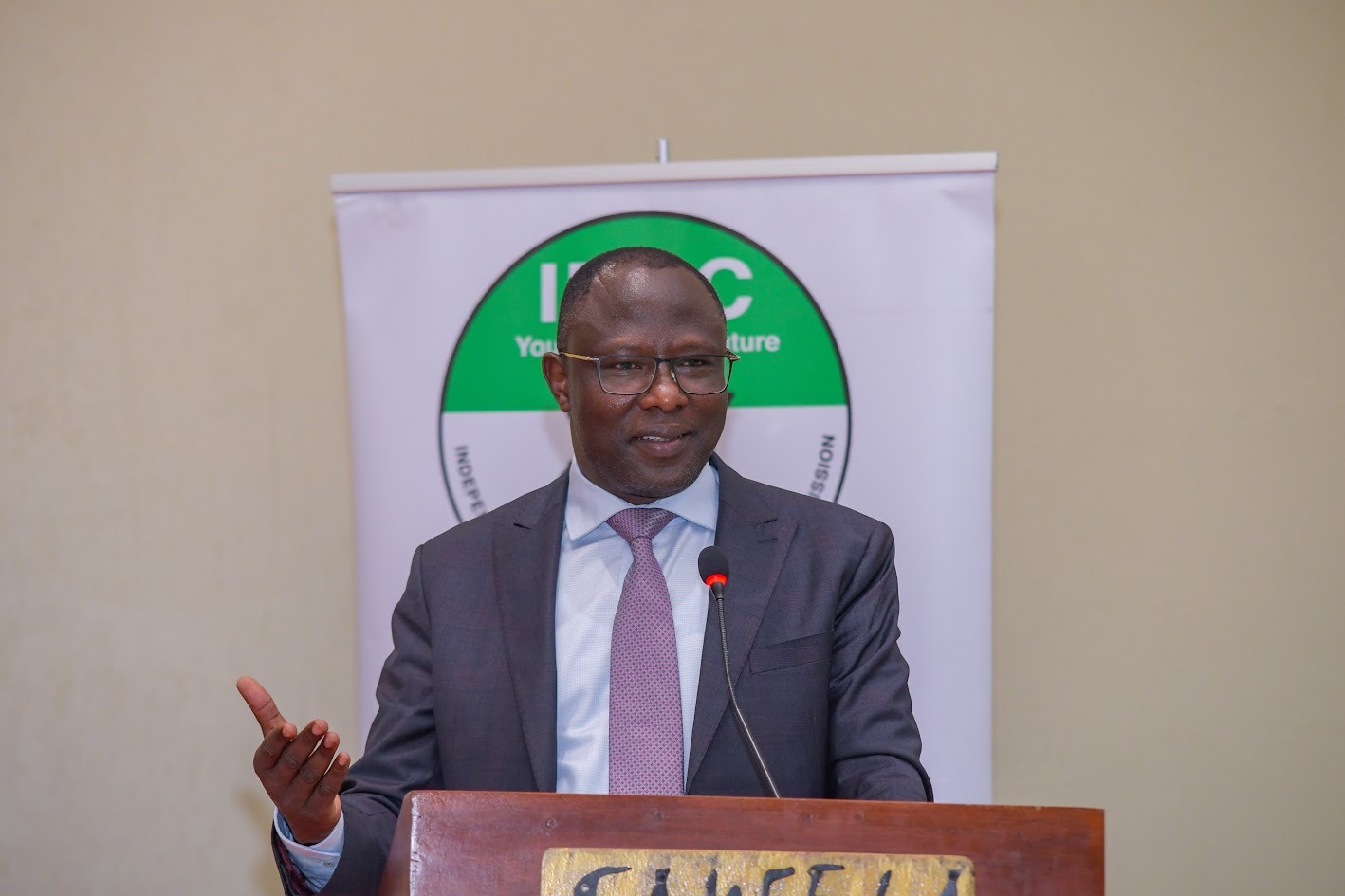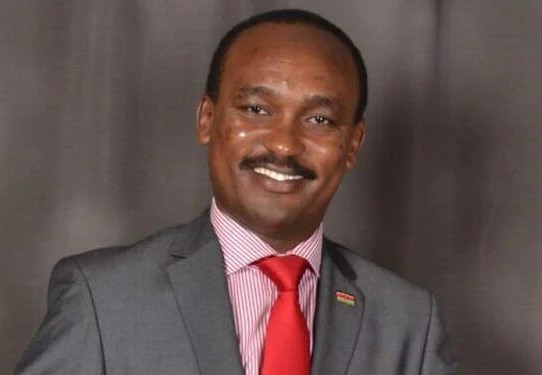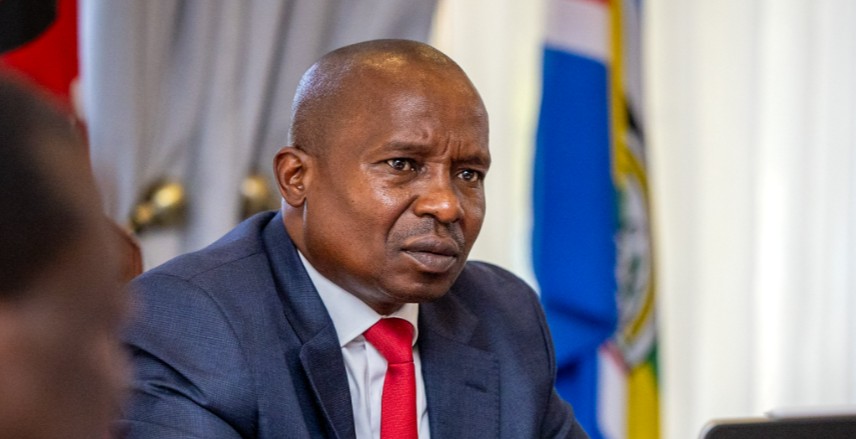Treasury pressured to release billions in overdue school capitation funds
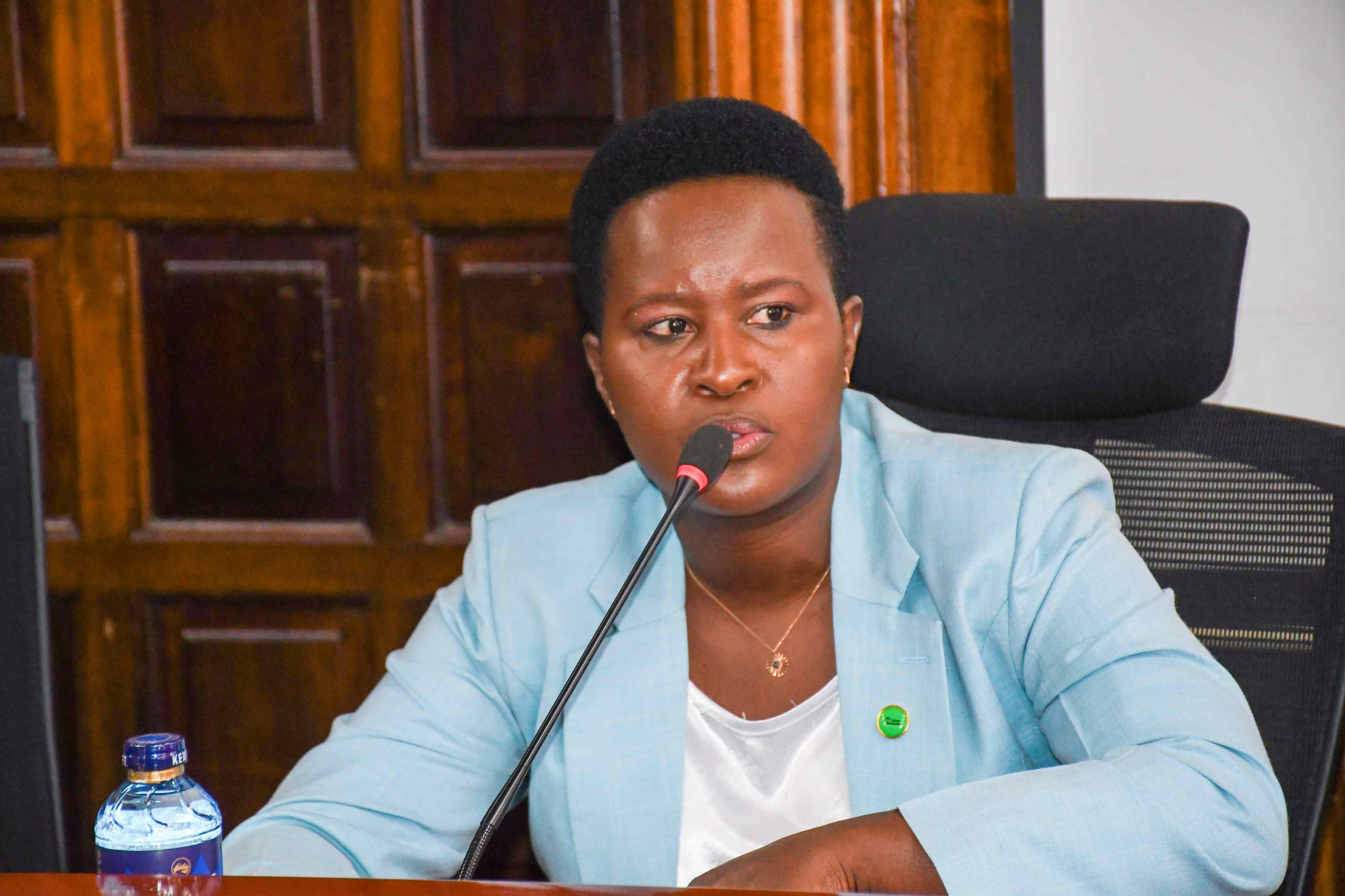
Senators want the government to establish a long-term strategy to prevent further funding delays as schools face mounting arrears of Sh67 billion.
The National Treasury has been urged to prioritise the timely release of school capitation funds to resolve the ongoing cash flow challenges affecting public schools nationwide.
Senators want the government to establish a long-term strategy to prevent further funding delays as schools face mounting arrears of Sh67 billion.
More To Read
- Over 44,000 schools cleared for capitation as audit uncovers 87,000 ghost learners
- MPs outraged as Education CS reveals Sh1.1 billion paid to ghost students in public schools
- Capitation withheld from 29 schools pending verification, Education CS Ogamba tells MPs
- Capitation crisis forces early school closures nationwide
- Education CS Julius Ogamba summoned by MPs over delays in school capitation funds
- New funding formula aims to guarantee timely release of school capitation
Nairobi Senator Edwin Sifuna emphasised that the government needs to implement a sustainable strategy to ensure that capitation funds are released on time. He stressed the need for continuous funding to maintain school operations, support infrastructure development, and facilitate the payment of suppliers.
“The Senate Committee on Education should investigate why the Treasury has failed to release the funds, despite the severe cash flow problems facing public schools. The committee must also report on the safeguards being implemented to protect school principals from potential legal and financial liabilities arising from unpaid suppliers and increasing pressure from other stakeholders,” Sifuna said.
Nominated Senator Esther Okenyuri stressed that the government should prioritise capitation payments to help school heads manage their financial obligations.
“We cannot expect school heads to use their personal funds to run schools. The government must prioritise releasing capitation so that school heads can pay staff and provide essential services like food for students,” Okenyuri said.
Nominated Senator Beatrice Ogola highlighted that timely funding is critical for schools to function effectively and efficiently.
“Schools operate on strict calendars, and success requires timely investment in education. We cannot expect success if the government fails to invest in schools,” Ogola said. “School operations, including paying teachers for subjects with shortages, depend on these funds.”
Billions in debt
School heads had raised concerns that they were owed Sh7 billion in outstanding capitation for the first term of 2025, with the academic year set to end by Friday of this week.
The chairman of the Kenya Secondary School Heads Association, Willy Kuria, revealed that this debt is in addition to a staggering Sh60 billion owed by the Treasury to the Ministry of Education for pupils who were not funded in 2023.
Kuria noted that schools were grappling with difficulties in paying staff salaries and remitting statutory deductions for workers and board members.
He further pointed out that the partial disbursement of capitation had placed schools in a vulnerable financial position, hindering their ability to meet operational costs and maintain the delivery of quality education.
He highlighted that, according to the Ministry of Education’s 2024 data, there were 3 million learners in secondary schools. Each learner is entitled to an annual capitation of Sh22,244, with 50 per cent (Sh11,122) expected to be disbursed in the first term.
“As we approach the end of the term, schools are still owed Sh2,303 per learner for the first term of 2025. We want to remind the Ministry of Education that this is not the full capitation entitlement for our learners,” Kuria said.
Education Cabinet Secretary Julius Ogamba admitted last month that the government has yet to disburse the full capitation for the first term.
He explained that, according to the government’s annual capitation schedule, 50 per cent is released in the first term, 30 per cent in the second term, and 20 per cent in the third term. However, he reassured school heads that the remaining funds would be provided for the second term.
“While we have released half of the capitation, which is standard practice for the first term, I understand the challenges schools are facing. We are committed to ensuring the second-term capitation is released without delay,” Ogamba said.
Top Stories Today



